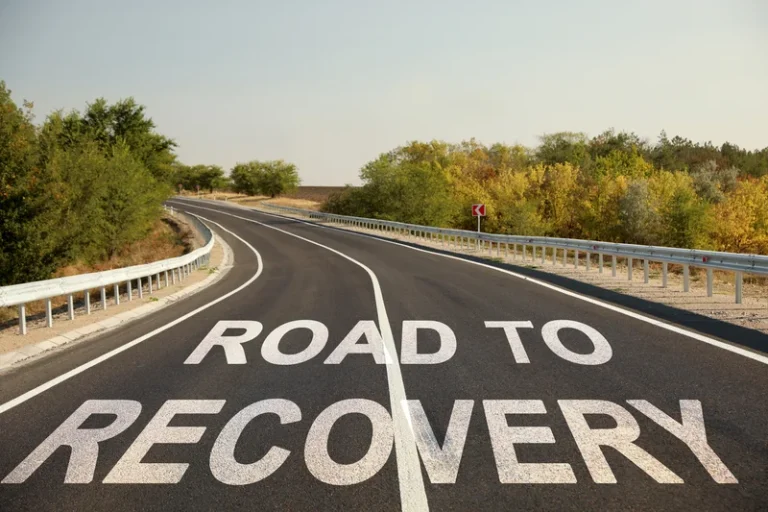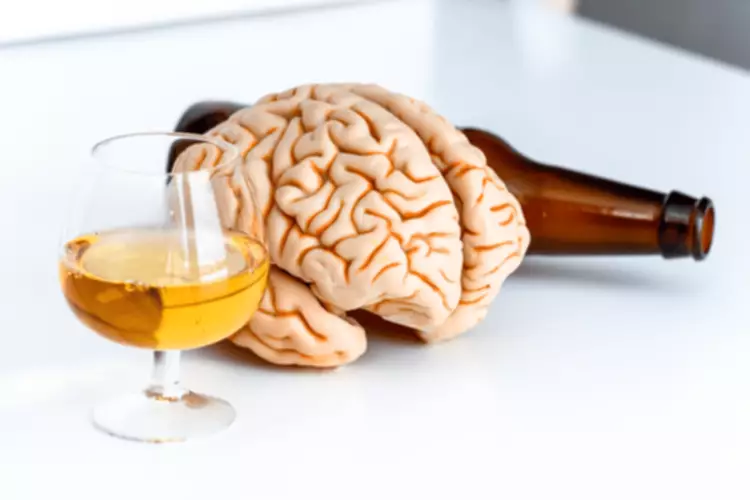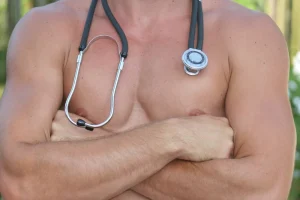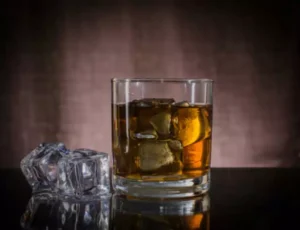
You will want to understand what will be asked of you in order to decide what treatment best suits your needs. Currently, there are three medications approved for AUD in the United States, and they are an effective and important aid in the treatment of people with this condition. Alcohol-related problems—which result from drinking too much, too fast, or too often—are among the most significant public health issues in the United States. You may have to experiment a bit to find new approaches that work best. The goal is to develop new routines that are rewarding rather than leaning on the drug. But sometimes people don’t even realize they took fentanyl in counterfeit Adderall or Xanax pills or while smoking meth.
Abstinence Stage
It’s wise to create in advance a plan that can be enacted on the spot—for example, pre-arranging for a friend or family member to pick you up if you text or call. Avoidance is an excellent coping strategy if you know that you are likely to run into danger. Of course, that requires understanding what your triggers are. But life is often unpredictable and it’s not always possible to avoid difficulty. Sleep deprivation undermines recovery in indirect ways as well.
Support Your Recovery
A “freelapse”, on the other hand, is the colloquial term for an accidental relapse that happens when a person unintentionally uses drugs or alcohol. This could happen when they mistakenly drink alcohol thinking they were being given a non-alcoholic beverage at a party. If a person has ongoing emotional, physical and/or mental health issues, they may need to use additional strategies to help their recovery and prevent relapse.

The Cycle of Alcohol Addiction

Certain medications have been shown to effectively help people stop or reduce their drinking and avoid a return to drinking. Acceptance- and mindfulness-based interventions increase awareness and acceptance of present-moment experiences. Mindfulness-based skill-building strategies promote flexible, rather than autopilot, responses to triggers that can prompt drinking. Even if you survive, an overdose can leave you and your family members with lots of feelings to sort through. Consider talking to someone, such as a counselor or people in your support group.
- If you’ve experienced a relapse and are ready to seek treatment, American Addiction Centers (AAC) can help.
- It forces people to reevaluate their lives and make changes that non-addicts don’t have to make.
Drugs, Brains, and Behavior: The Science of Addiction
- A common question about honesty is how honest should a person be when dealing with past lies.
- Alcohol use disorder can include periods of being drunk (alcohol intoxication) and symptoms of withdrawal.
- Similarly, some studies suggest a relapse rate for opioids as high as 80 to 95 percent during the first year after treatment.
- If someone is in recovery, they might feel more of a temptation to drink again than normal.
- This activity provides 0.75 CME/CE credits for physicians, physician assistants, nurses, pharmacists, and psychologists, as well as other healthcare professionals whose licensing boards accept APA or AMA credits.
If it happens, it is important that you get back up, dust yourself off, and get back on the path to recovery. If it happens, it is important that you get back up, dust yourself off and get back on the path to recovery. You may begin feeling uncomfortable around others and making excuses Alcohol Relapse not to socialize. You stop going to your support group meetings, or cutting way back on the number of meetings you attend. Hosted by Amy Morin, LCSW, this episode of The Verywell Mind Podcast, featuring addiction specialist Erica Spiegelman, shares the skills that help in recovery.
Relapse-prevention therapy and mind-body relaxation are commonly combined into mindfulness-based relapse prevention [30]. Individuals use drugs and alcohol to escape negative emotions; however, they also use as a reward and/or to enhance positive emotions [11]. In these situations, poor https://ecosoberhouse.com/ self-care often precedes drug or alcohol use. For example, individuals work hard to achieve a goal, and when it is achieved, they want to celebrate. But as part of their all-or-nothing thinking, while they were working, they felt they didn’t deserve a reward until the job was done.
Stage 3: Physical Relapse
- For example, they may choose to smoke marijuana to relieve stress after a year of sobriety or have a glass of wine with friends because they feel like they can manage it without going overboard.
- I like to tell patients that a simple test of complete honesty is that they should feel “uncomfortably honest” when sharing within their recovery circle.
- One of the important tasks of therapy is to help individuals redefine fun.
- Currently, there are three medications approved for AUD in the United States, and they are an effective and important aid in the treatment of people with this condition.
This guide is written for individuals—and their family and friends—who are looking for options to address alcohol problems. It is intended as a resource to understand what treatment choices are available and what to consider when selecting among them. For more information, please visit the NIAAA Alcohol Treatment Navigator®, an online tool that helps individuals find the right treatment for them—and near them.

It can begin with an emotional relapse, followed by mental and then physical relapses. Awareness of thoughts, feelings, and behaviors can be indicators of where someone is and what they may need regarding recovery. Less-intensive treatment may be an option if this is your first relapse and you are in good physical and mental health, are not at risk for severe withdrawal, and have a sober support system in place. Your treatment team can help you decide whether inpatient, outpatient, or other treatment options are more appropriate for you.

- Research shows that those who forgive themselves for backsliding into old behavior perform better in the future.
- The repair stage of recovery was about catching up, and the growth stage is about moving forward.
- As a result, those recovering from addiction can be harsh inner critics of themselves and believe they do not deserve to be healthy or happy.
First is the rate at which opioid tolerance builds, which increases very rapidly when compared with other drugs. So a person is quickly forced to take more and more of the drug to achieve the same effects. Then, when that person becomes sober and experiences withdrawal, their body and their tolerance levels react accordingly, pushing their tolerance closer to normal. When a person then relapses on opioids, they take the same increased amount of opioids as they had before and the body isn’t ready to process that amount of drugs. For a fuller list of behavioral changes, see the warning signs listed below. Obviously, if someone is under the influence of alcohol, opioids or other drugs, the visible effects of those drugs are pretty good indicators for relapse.
